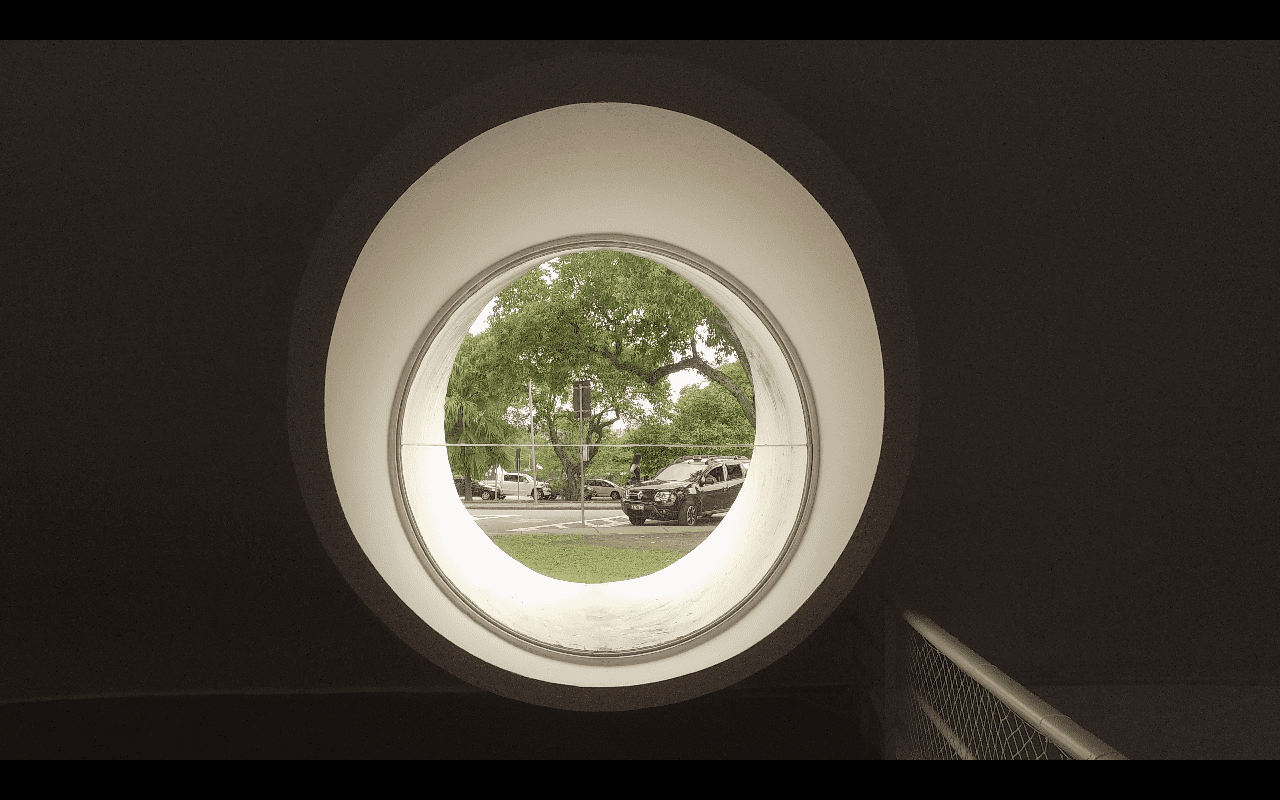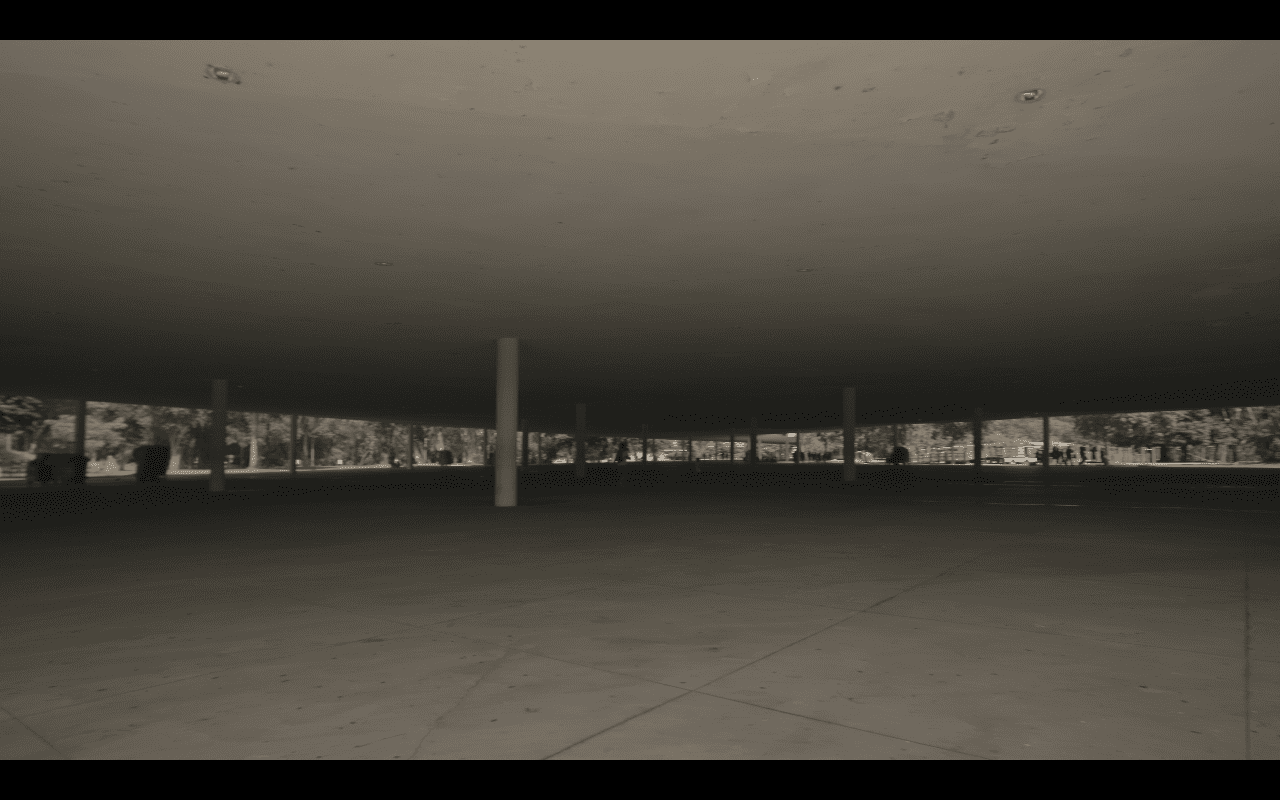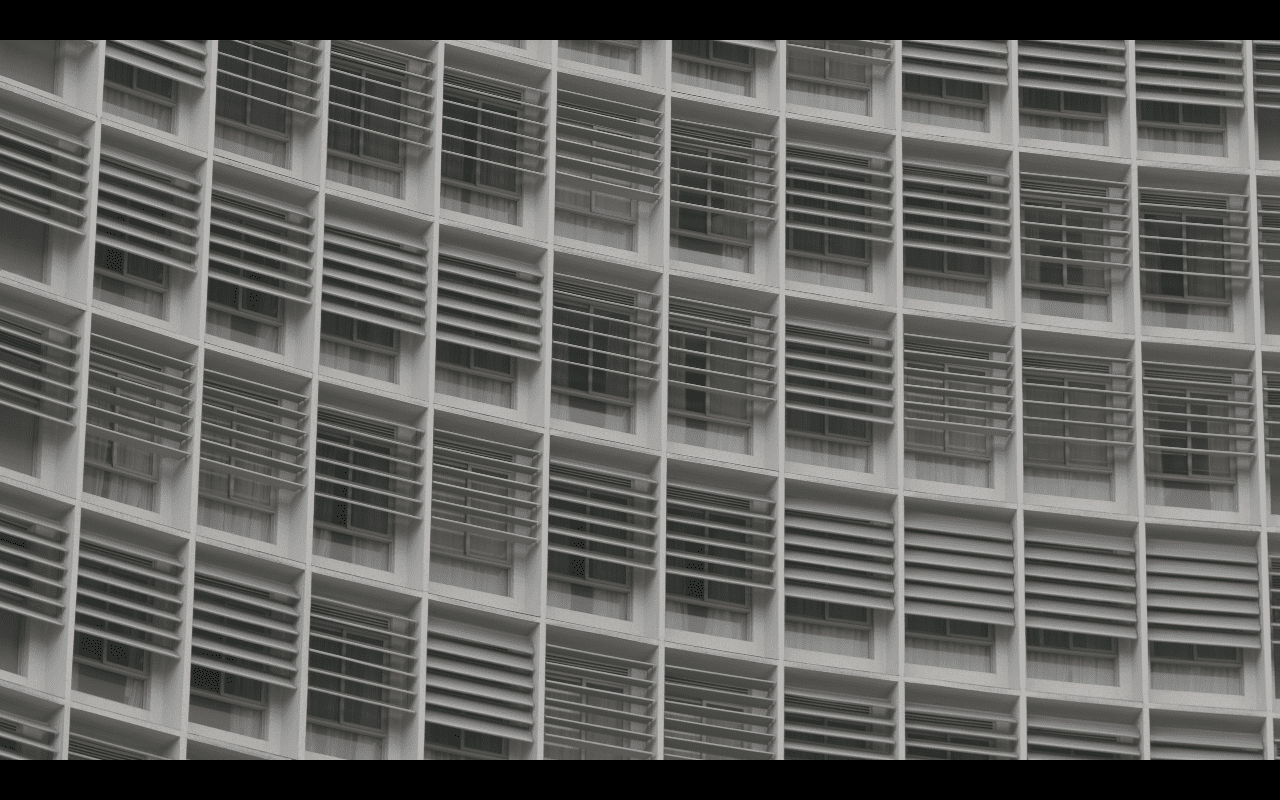"When Brazil Was Modern" is the new documentary by director Fabiano Maciel. Distributed by O2 Play and highly praised during the 30th edition of the "It's All True" festival, one of the most important film events in the country, it received an honorable mention from the jury for its extensive and in-depth research. According to the judges, the feature film offers a compelling interpretation of Brazilian history, with architecture serving as the guiding thread through countless political and aesthetic disputes waged in the country throughout the 20th century.
Today, Brazilian modern architecture is considered one of the most revolutionary and daring of the period, having influenced generations of architects worldwide. But in the early 1930s, choosing an architectural style also meant choosing a project for the country. The winning architectural style would also determine the direction of the visual arts, education, healthcare, and the desired social model for the nation. And the contest wasn't exactly friendly. Quite the opposite. Numerous battles were fought in government offices, universities, and, especially, in the country's newspapers and magazines, where the exchange of accusations was constant. Symbolically, it can be said that the war began in 1935, with the competition to design the headquarters of the Ministry of Education and Health in Rio, and culminated with the inauguration of Brasília in 1960.
Produced by Ocean Films, with investment from BB Asset Management and resources from the Audiovisual Sector Fund, When Brazil Was Modern shows how the country abandoned a project of excellence, which dissipated in the face of historical missteps. It abandoned a cutting-edge—and in many ways, utopian—project to once again settle for the muddy, dark sands of the past.
Free
Registration
Registrations must be made here.
Selection will be made in order of registration.
Registration will be open until the start of the activity, on site, as long as there are spaces available.




